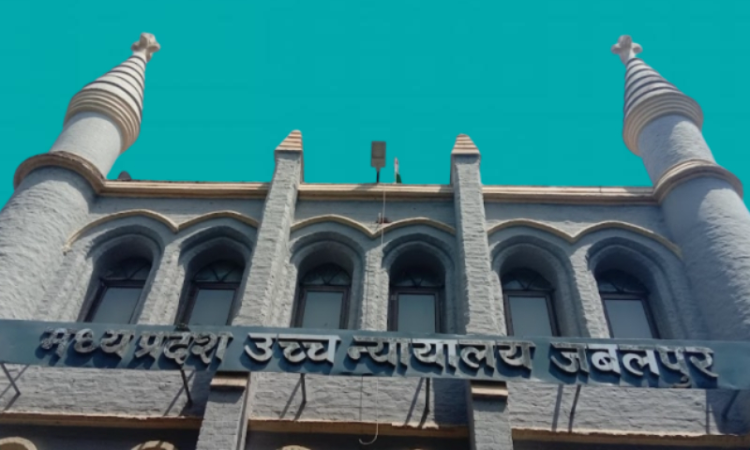The Madhya Pradesh High Court recently observed that there is no law which suggests that wife getting maintenance under one provision of law cannot seek maintenance under another.The bench comprising Justice G.S. Ahluwalia made the said observation while upholding the ownership of property by a woman in lieu of maintenance pursuant to Section 14(1) of the Hindu Succession Act.Facts of the...

